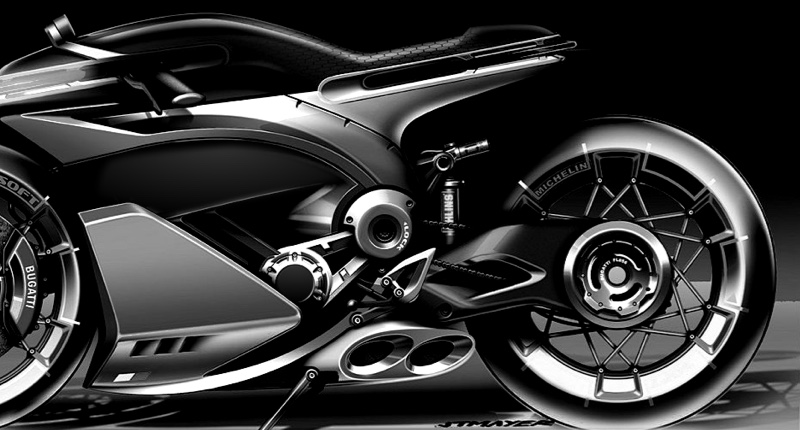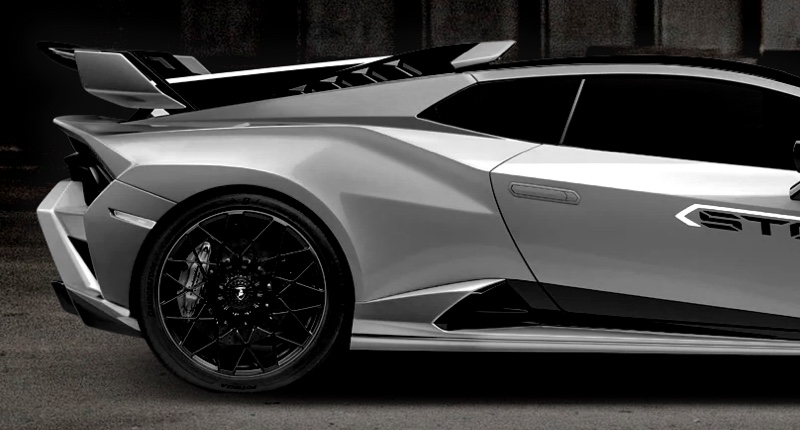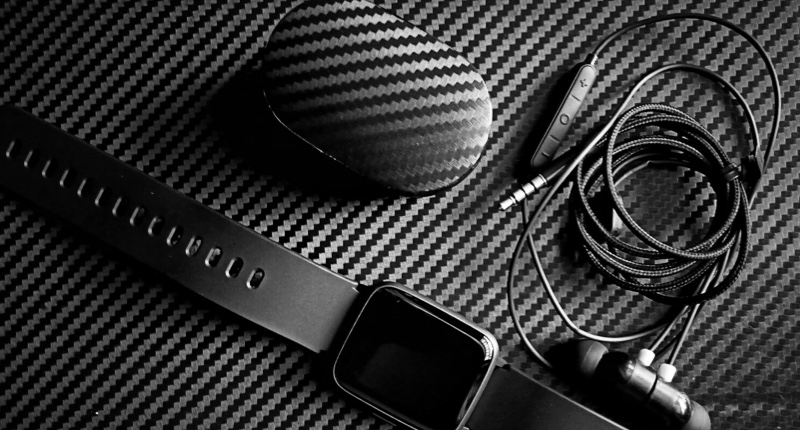Exploring Carbon Fiber Vehicle Products | Supreem Carbon
The Future of Automotive Design: Exploring Carbon Fiber Vehicle Products
In the ever-evolving automotive industry, the use of advanced materials like carbon fiber has not only revolutionized vehicle design but also performance and efficiency. This in-depth guide explores carbon fiber vehicle products, answering the most searched questions to help you understand this pivotal material's role in modern vehicles.
What Are Carbon Fiber Vehicle Products?
Carbon fiber vehicle products are made from a composite material known for its high strength-to-weight ratio. These products can be used in various automotive applications, from body panels to entire vehicle frames. Carbon fiber is renowned for being both lightweight and incredibly durable, offering enhanced performance characteristics over traditional materials like steel and aluminum.
Why Is Carbon Fiber Used in Vehicles?
The primary reason carbon fiber is used in vehicles is its ability to reduce weight while maintaining strength. This weight reduction is critical in improving fuel efficiency and performance. Additionally, carbon fiber contributes to higher safety standards due to its energy-absorbing properties during collisions. By reducing the weight of components, carbon fiber also helps in lowering the vehicle's center of gravity, thus improving handling and stability.
How Does Carbon Fiber Improve Vehicle Performance?
Carbon fiber significantly enhances vehicle performance mainly by reducing weight without compromising structural integrity. For instance, sports cars benefit immensely from carbon fiber bodywork, which facilitates faster acceleration and improved fuel economy. The increased strength allows for more aggressive aerodynamics designs, thus enhancing downforce and grip on the road.
What Are the Drawbacks of Using Carbon Fiber in Vehicles?
While carbon fiber offers numerous advantages, it also has some drawbacks. The primary concern is cost. Manufacturing carbon fiber components is expensive due to the complex and labor-intensive production processes involved. Additionally, repairing carbon fiber parts can be challenging and costly, as they require specialized equipment and expertise.
Can Everyday Vehicles Benefit from Carbon Fiber?
Absolutely. While most commonly associated with high-performance cars, carbon fiber is increasingly being used in everyday vehicles. Automakers are exploring ways to integrate carbon fiber panels, chassis components, and even interiors to improve fuel economy and safety without significant cost increases. As production methods evolve and become more cost-effective, carbon fiber will likely become more widespread in all vehicle categories.
How Does Carbon Fiber Impact Fuel Efficiency?
Carbon fiber dramatically impacts fuel efficiency by reducing the overall weight of a vehicle. A lighter vehicle requires less energy to move, meaning less fuel is needed for daily operation. This advantage is crucial as the automotive industry continues to move towards sustainability and reducing carbon emissions.
Is Carbon Fiber Eco-Friendly?
The eco-friendliness of carbon fiber is a subject of ongoing research. Producing carbon fiber is an energy-intensive process, but the benefits of reduced vehicle weight and improved fuel efficiency can offset the initial environmental costs in the long term. Innovations in recycling carbon fiber and developing eco-friendly production methods are underway, aiming to enhance the sustainability of this remarkable material.
Conclusion
Carbon fiber has become an integral part of modern automotive engineering, promising a future where vehicles are lighter, stronger, and more efficient. As manufacturing technologies evolve, carbon fiber vehicle products will likely become more accessible, transforming everyday vehicles and paving the way for innovative automotive designs.
Why Use Carbon Fiber in Cars? Explained | Supreem Carbon
Explore Carbon Fiber Motorcycles | Supreem Carbon
Tips for Wholesale carbon fiber material for cars
Tips for Wholesale carbon fiber car body
For Order Delivery
What is the shipping time for the different ways?
Express delivery 5-7 days.
20-25 days by sea.
15 days by air.
For Products
Which carbon fiber material you can provide in production?
1*1 plain /2*2 twill / forged carbon / honeycomb / kevlar and so on.
How can I get some sample?
Actually we dont provide the free sample to customer, you can place a sample order if need some parts.
For Facotry
When is Supreem carbon founded?
Our company formally established in early 2017.
For Customized Service
What custom customer need to prepare?
1. Send Your Design/Idea/3D drawing.
2. Supplier Quotation Confirmation.
3. Firts Sample Feedback.

BMW S1000R/M1000RR Carbon Fiber Rear Seat Panel
Transform your BMW S1000RR/M1000RR with a premium carbon fiber rear seat upper fairing. Replace the stock plastic for a weight reduction and a sophisticated, racing-inspired aesthetic. This ultra-strong fairing offers superior protection while enhancing your bike's overall look. Choose between a glossy or matte finish for a perfect match.

BMW S1000R Carbon Fiber Rear Undertail
Transform your BMW S1000R with a premium carbon fiber rear seat bottom fairing. Replace the stock plastic for a weight reduction and a sophisticated, racing-inspired aesthetic. This ultra-strong fairing offers superior protection while enhancing your bike's overall look. Choose between a glossy or matte finish for a perfect match.

Yamaha R1 Carbon Fiber Airbox Tank Cover
Introducing the Supreem Carbon Fiber Airbox Tank Cover for Yamaha R1. Crafted with precision and expertise, this tank cover is designed to elevate the performance and aesthetics of your R1. Made from high-quality carbon fiber, this tank cover is not only lightweight but also incredibly durable, providing optimal protection for your motorcycle.

Yamaha R1 Carbon Fiber Side Fairings
Introducing the Supreem Carbon Fiber Long Side Panels for Yamaha R1. Crafted with precision and expertise, this front side fairing is designed to elevate the performance and aesthetics of your R1. Made from high-quality carbon fiber, this fairing is not only lightweight but also incredibly durable, providing optimal protection for your motorcycle.
© 2024 Supreem Carbon All Rights Reserved.





Facebook
Pinterest
LinkedIn
Instagram